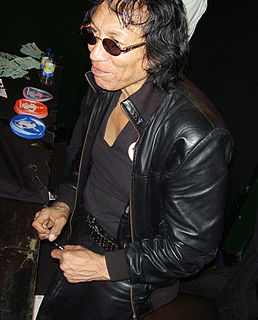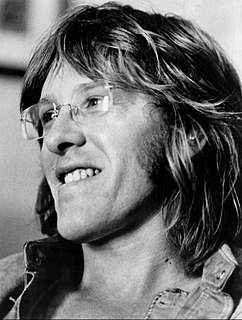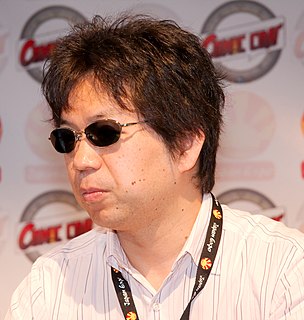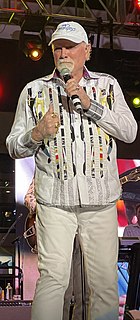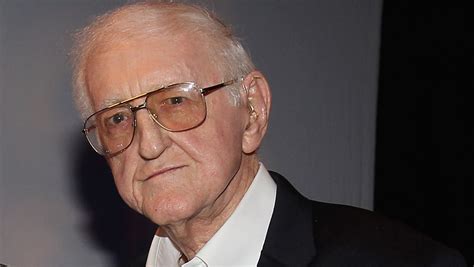A Quote by Paolo Nutini
I've met such amazing people in their 40s, in their 60s, 70s, and they completely bely their age on paper.
Related Quotes
I think Hollywood has gone in a disastrous path. It's terrible. The years of cinema that were great were the '30s, '40s, not so much the '50s...but then the foreign films took over and it was a great age of cinema as American directors were influenced by them and that fueled the '50s and '60s and '70s.
When you're a fledgling youth-type adult, it appears that all people in their 40s look old enough to be in a painting hanging on the wall of a stately home in England. It's not until you limp into your 70s that people in their 40s look too young to vote, and college cheerleaders closely resemble Yorkshire terriers.




